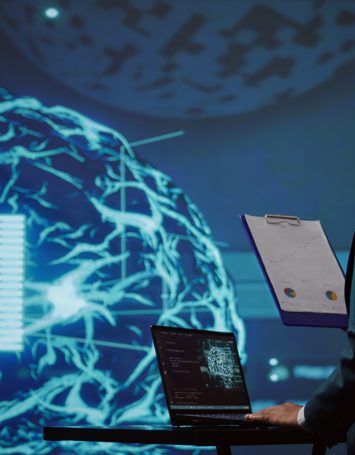Written by: Haim Ravia and Dotan Hammer
The Council of Europe has adopted the first international, legally binding treaty to ensure human rights, the rule of law, and democratic standards in the use of artificial intelligence (AI) systems. The primary objective of the treaty, which covers the entire AI lifecycle, is to mitigate the risks arising from AI while harnessing its potential benefits. The treaty establishes stringent standards for the development, deployment, and use of AI technologies, requiring its 46 member countries to implement legal and regulatory measures to ensure AI transparency, accountability, and fairness.
Additionally, the treaty seeks to prevent AI from undermining democratic processes by combating misinformation and protecting electoral integrity. To safeguard democratic institutions and processes, the treaty requires member countries to adopt measures ensuring that AI systems do not undermine democratic principles, including the separation of powers, judicial independence, and access to justice.
To achieve these goals, member states must adopt implementing laws. AI operations must be understandable, with mechanisms for challenging decisions. Member states must enforce strict data protection and privacy standards, implement measures to prevent biased outcomes and promote fairness, and educate the public about AI to encourage engagement in AI governance. The treaty also encourages collaboration to share best practices and harmonize AI governance approaches.
The treaty establishes a dedicated oversight body to ensure compliance while collaborating with governments, civil society, and the private sector to align AI technologies with ethical and legal standards. The treaty also calls for training programs to enhance understanding of AI ethics among policymakers, technologists, and the public, promoting ethical AI development.
Click here to read the Council of Europe Framework Convention on artificial intelligence and human rights, democracy, and the rule of law.



